The Psychological Benefits of Exercise and Physical Activity (EPUB)
| Edition |
1st |
|---|---|
| File size |
34.4 MB |
| Format |
EPUB |
| ISBN |
9781718203624, 9781718203631, 9781718203648 |
| Language |
English |
| Published Year |
2023 |
| Publisher |
Human Kinetics |
- Best Price Guaranteed
- Best Version Available
- Free Pre‑Purchase Consultation
- Immediate Access After Purchase
$119.00 Original price was: $119.00.$28.00Current price is: $28.00.
Categories: Sport Medicine
An increasing number of people are using exercise to support their psychological well-being in response to the demands of a society that is becoming more complex. The Psychological Benefits of Exercise and Physical Activity examines how physical activity practices are known to impact psychological results. With a strong scientific base, the book provides possibilities for introspection and practical application, emphasizing research-backed dose-response connections and physical activity guidelines. The Psychological Benefits of Exercise and Physical Activity concentrates on psychological outcomes, including the effects on depression and anxiety as well as the effects on cognitive function, memory, pain, and sleep, in contrast to the majority of exercise psychology texts, which mostly focus on psychological theory or interventions. The full-color text, which was written by Jennifer L. Etnier, PhD, a former president of the North American Society for the Psychology of Sport and Physical Activity (NASPSPA), is structured to be taught over the course of a semester and contains captivating illustrations to aid students in visualizing complex concepts. The history of exercise psychology, ideas, and methods put forth to clarify research jargon and the psychological advantages of exercise are covered in the introductory chapters (chapters 1-3). The next chapters of the text (chapters 4–14) are devoted to specific psychological aspects or outcomes. Each of these chapters opens with a story that illustrates the significance of exercise and result questions using a real-world situation. These chapters identify the root causes of specific psychiatric disorders and investigate the potential impact of exercise on those root causes. Important studies on the possible advantages of exercise for that particular psychological issue are then reviewed. A chapter summary and discussion questions are included at the end of each chapter. In order to keep students interested, sidebars are included throughout the text to present provocative concepts, offer chances for introspection, or discuss fascinating research projects. To help improve student learning, the text also contains learning objectives and important terms. Students can get a thorough understanding of how physical exercise behaviors help the mind by reading The Psychological Benefits of Exercise and Physical exercise. Anyone interested in inspiring others and encouraging physical activity for positive psychological effects should read this book.



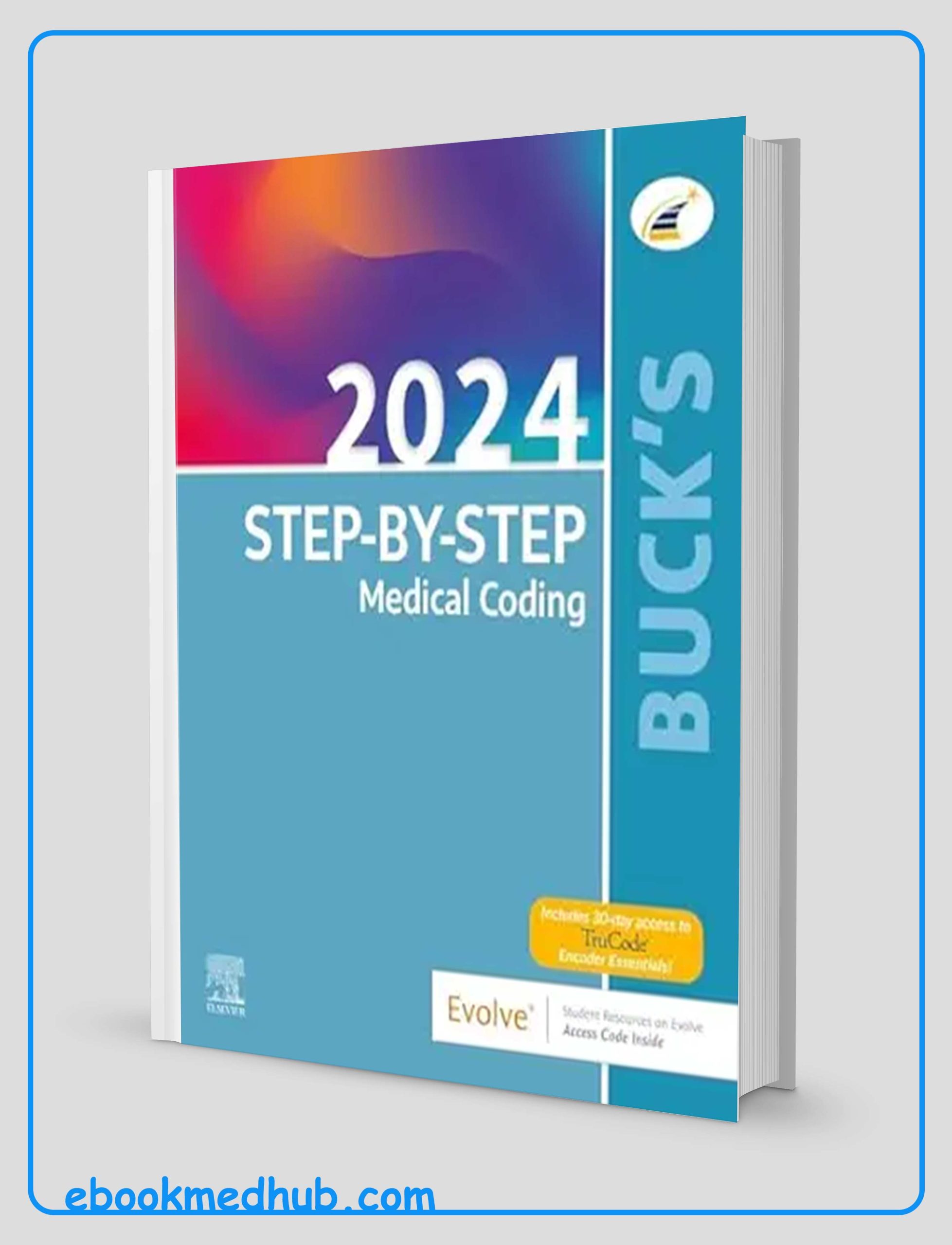


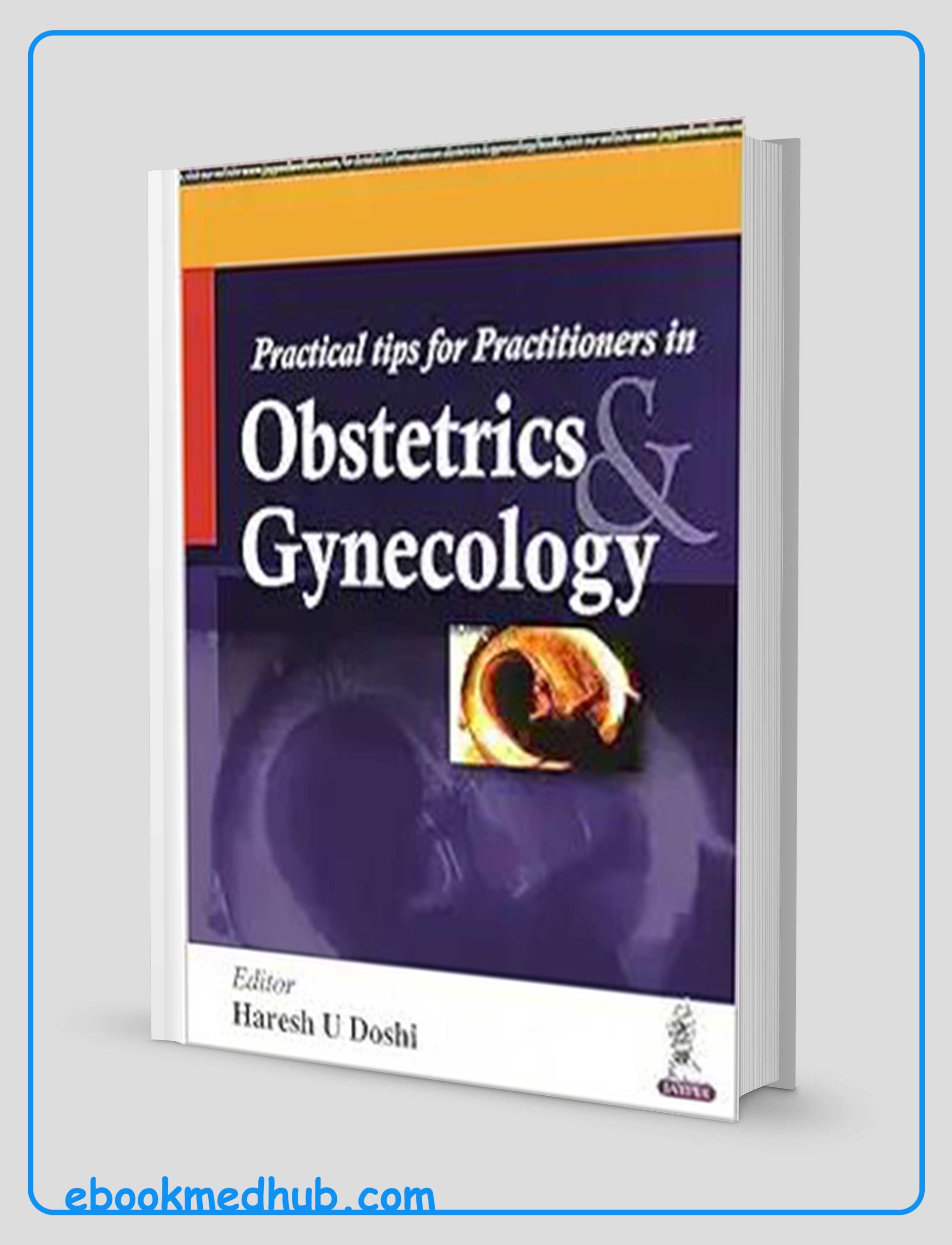


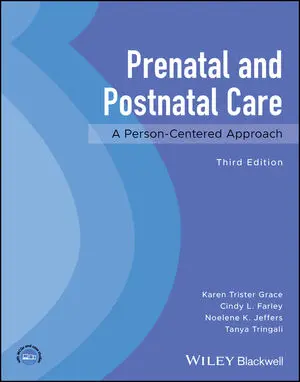








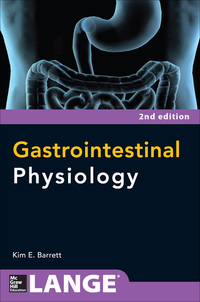









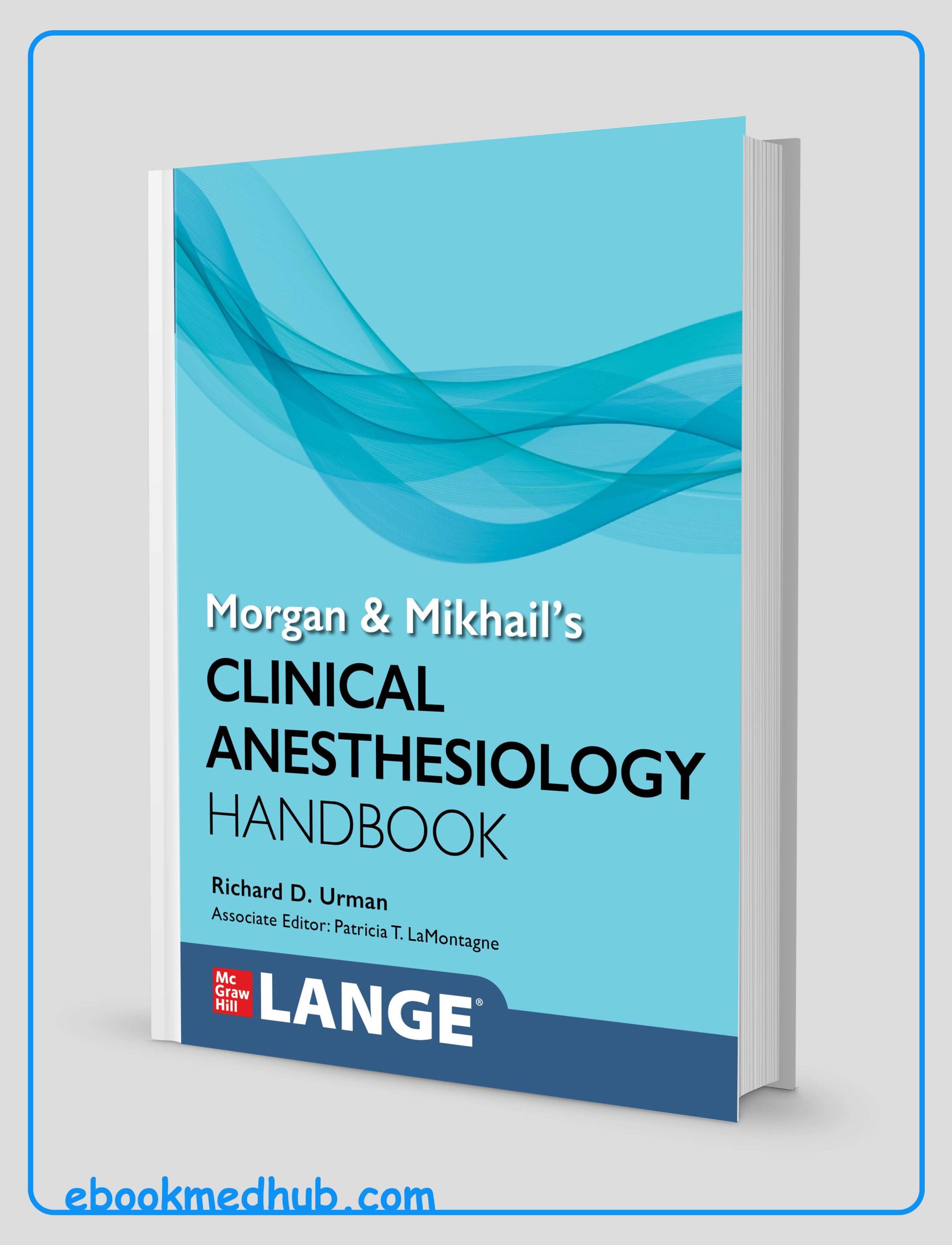
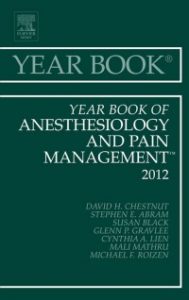

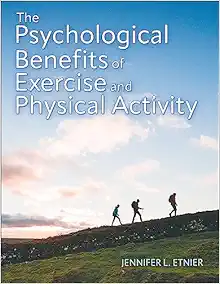
Reviews
There are no reviews yet.